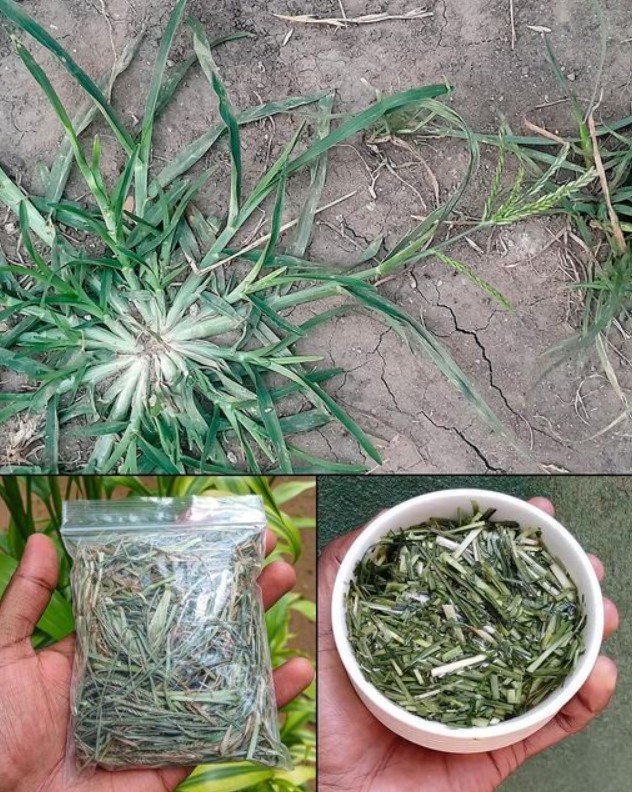Goose grass, often mistaken for a common weed, is a powerful herb packed with numerous health benefits. This underappreciated plant has been used for centuries in traditional medicine to support various bodily functions, including the lymphatic system, urinary health, and digestive support. Its natural diuretic properties and anti-inflammatory effects make it ideal for detoxifying the body.
Whether consumed as a tea, tincture, or used topically, goose grass is a versatile addition to anyone’s wellness routine. In this expanded guide, we’ll explore its benefits, uses, and ways to integrate it into your life.
What is Goose Grass?
Goose grass, scientifically known as Galium aparine, belongs to the bedstraw family. Its clingy nature, often found in gardens and fields, makes it easy to spot as it grabs onto nearby plants, animals, or even clothing. Despite its reputation as a nuisance, this “sticky weed” is a gem when it comes to herbal remedies. Traditionally, it has been used across various cultures for its healing properties, making it much more than a backyard weed.
Health Benefits of Goose Grass
- Supports the Lymphatic System
Goose grass is known to stimulate the lymphatic system, which is crucial for removing toxins from the body. By improving lymphatic drainage, it helps reduce swelling, promote healthy skin, and boost the immune system. Regular consumption or topical application of goose grass can support a well-functioning lymphatic system, essential for overall health. - Natural Diuretic
One of the major benefits of goose grass is its natural diuretic properties. It encourages the removal of excess fluids from the body, which can help in treating issues like edema and urinary tract infections. Drinking goose grass tea is a great way to harness its diuretic effects, aiding in the reduction of water retention and promoting kidney health. - Digestive Health
Goose grass is often used to soothe gastrointestinal issues such as bloating, indigestion, and constipation. Its gentle laxative effect supports healthy digestion, while its anti-inflammatory properties help calm the digestive tract. Many herbalists recommend it for detoxing the gut and improving nutrient absorption. - Skin Health
Applied topically, goose grass can help with skin conditions like eczema, psoriasis, and minor wounds. Its anti-inflammatory and soothing properties make it effective in reducing irritation and promoting faster healing. Using goose grass in salves or compresses is a natural way to improve skin health without harsh chemicals.
How to Use Goose Grass
The versatility of goose grass is one of its greatest strengths. From teas to tinctures, it can be easily integrated into your daily routine. Here are some common methods for using goose grass:
- Goose Grass Tea
One of the simplest ways to enjoy the benefits of goose grass is to brew it as a tea. Simply gather fresh or dried goose grass, steep it in hot water for 10-15 minutes, and strain. This tea can be consumed daily to support the lymphatic system and promote overall detoxification. - Tinctures and Extracts
If you prefer a more concentrated form, goose grass tinctures are readily available. These liquid extracts are more potent than teas and can be added to water or taken directly. Just a few drops of a goose grass tincture can provide powerful detox benefits. - Topical Application
For skin issues, goose grass can be made into a salve or poultice. Crushing fresh leaves and applying them to affected areas can help soothe inflammation and speed up the healing process. It’s an excellent natural remedy for minor cuts, rashes, or skin irritations. - Smoothies and Salads
If you’re feeling adventurous, you can add fresh goose grass to smoothies or salads. Its mild flavor makes it a perfect addition to green smoothies or a nutrient-rich garnish for your meals. This method allows you to incorporate the plant’s benefits in a more creative way.
Precautions and Considerations
While goose grass is generally considered safe for most people, there are a few things to keep in mind. Pregnant or breastfeeding women should consult a healthcare professional before using goose grass, as its effects on pregnancy have not been well studied. Additionally, those with allergies to plants in the Rubiaceae family should avoid it, as it may cause allergic reactions. Always start with small amounts to ensure there are no adverse effects.
Conclusion:
Reap the Benefits of This “Weed”
Goose grass is a remarkable plant that has been underestimated for far too long. From its ability to support the lymphatic system to its digestive and skin benefits, it’s a natural powerhouse that should be welcomed into any wellness routine. Whether consumed as a tea, tincture, or used topically, goose grass offers a simple yet effective way to boost your health. The next time you see it growing in your garden, think twice before pulling it out—embrace its power and reap the rewards of this natural remedy.
Source of the picture : Barbara O’Neill










